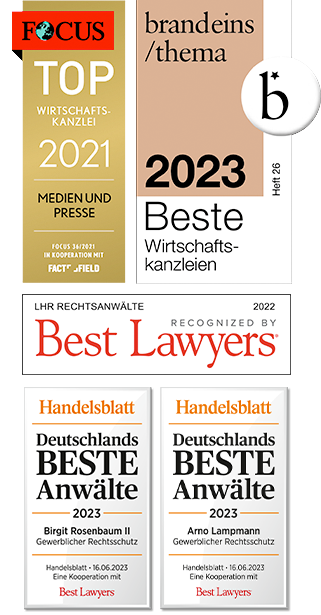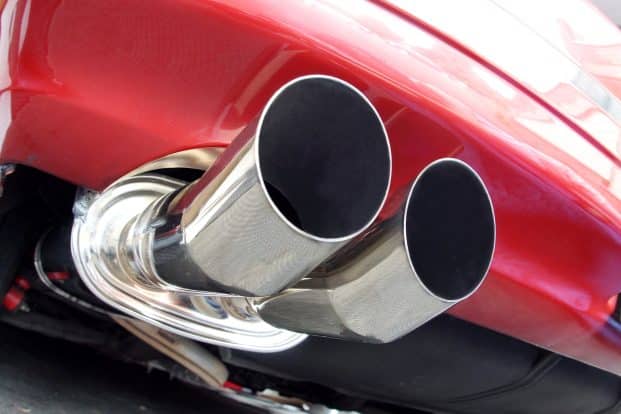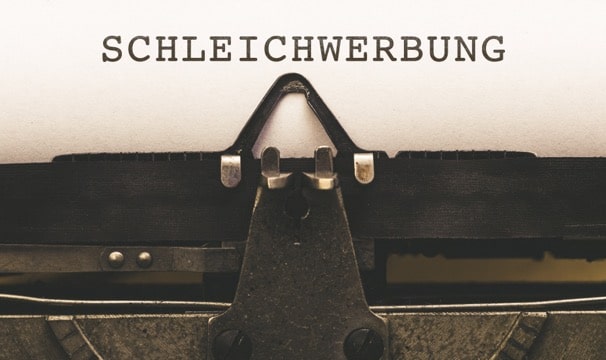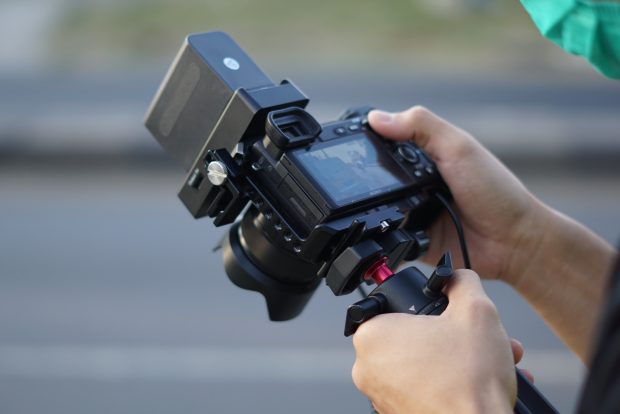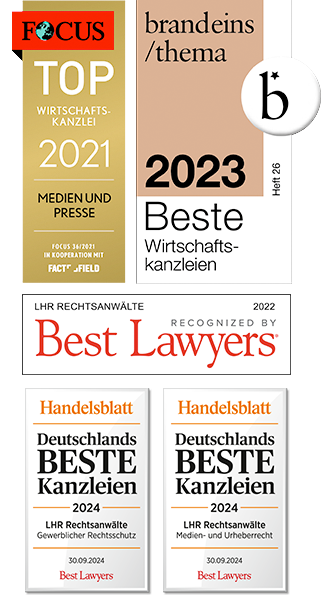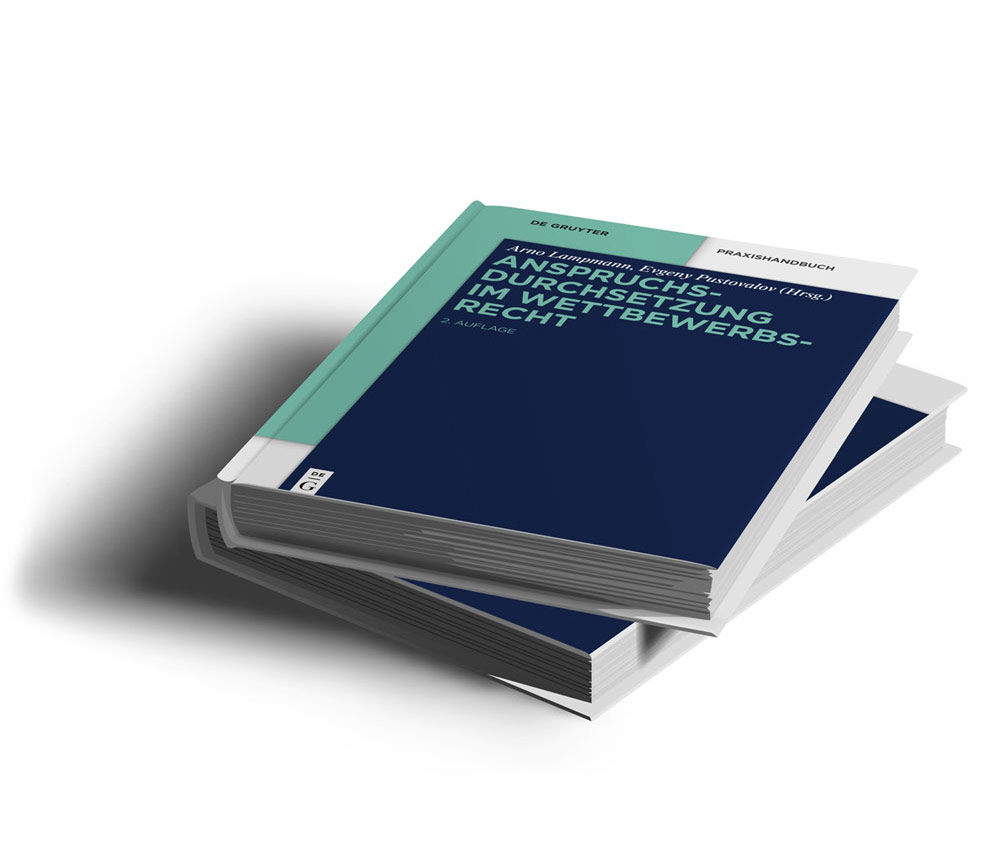OLG Cologne: Second interim injunction admissible in case of doubts about the core area of the first (clarification order)

The Fair trading law and the preliminary injunction proceedings, in which most competition law disputes are conducted, have interesting facets.
Emergency injunction, infringement, application for an administrative order
The case at hand concerned a competitor who had obtained an injunction due to a misleading advertising of a competitor. The competitor had claimed to be a Whirlpool manufacturer. In reality, however, he was only a dealer. When the applicant noticed that the defendant continued to claim to be “specialized in the manufacture and sale of high-quality whirlpools”, she applied for an administrative fine. Nothing unusual up to this point.
Doubts about core equality justify need for clarification
However, the opponent defended himself in the proceedings for an injunction mainly by arguing that the current conduct was of a completely different quality (not core-like) and therefore did not constitute a breach of the injunction and that he had therefore not forfeited any fine.
For this reason alone, the applicant could therefore not be certain of achieving her legal protection objective with the means of order. The current conduct could have been judged by the enforcement court as no longer covered by the first title (not identical in essence). On the other hand, there was also no guarantee that she would be successful with further discovery proceedings. The court of cognizance to be seized could in turn have considered the conduct to be an infringement of the same nature and could therefore have dismissed the application for lack of legal protection.
The Higher Regional Court recognized this “dilemma” and assumed a need for legal protection for a further interim injunction because the outcome of the initiated proceedings for injunctive relief was uncertain and the claims to be asserted on the basis of the infringement were threatened by the statute of limitations.
Urgency period begins with doubts
The presumption of urgency was also not rebutted. While the Regional Court had still assumed that the applicant had itself rebutted the presumption of urgency by waiting too long, the Cologne Higher Regional Court agreed with the applicant in its view that the assessment of the urgency period must not be based on the first knowledge of the infringement as such, but on the time at which the defendant first cast doubt on an infringement of the same nature in the context of the injunction proceedings. Only then did it have to consider filing a new application for a preliminary injunction. Until then, it could assume that it had done everything necessary and, in particular, promising to bring the new infringement to an end by filing the application for an injunction. In any case, it could not be concluded from the overall view of the applicant’s conduct that she was in no hurry to stop the conduct complained of in a timely manner.
The Cologne Higher Regional Court therefore issued the requested interim injunction (OLG Köln, Beschluss v. 5.4.2018, Az. 6 W 32/18). This prohibits the retailer from claiming that it specializes in the manufacture and sale of high-quality whirlpools. In the event of non-compliance, a fine of up to € 250,000 or up to six months’ imprisonment may be imposed.
The decision is to be made by way of a Decision order issued. A final decision is reserved for the main proceedings. Unless the retailer would recognize the injunction as a final ruling.
Practical tip:
The bad habit often observed, especially among inexperienced colleagues, of simply disputing everything as a precaution in both discovery and enforcement proceedings – and preferably with “ignorance” – is not only pointless at best, but in the worst case can lead to further legal action by the opponent and thus to further effort and costs.
As the facts of the case are often established in competition law proceedings and cannot be disputed, there is a great temptation, particularly in proceedings for injunctive relief, to shift the dispute away from the factual level to the legal question of whether or not the conduct in dispute is covered by the operative part. However, this obvious legal defense, which is often the only one that promises success, is frequently counterproductive. It is often wiser to leave the violation of an injunction undisputed and only try to appease the court in this respect when it comes to the amount of the fine.
As the present case shows, an absolute “conflict defense” can quickly backfire. In the present case, the defendant and debtor must in any case bear the costs of the additional preliminary injunction proceedings, even if it should subsequently turn out that the current conduct falls within the core area of the first prohibition despite initial doubts.
Disclosure: Our law firm represented the applicant.
